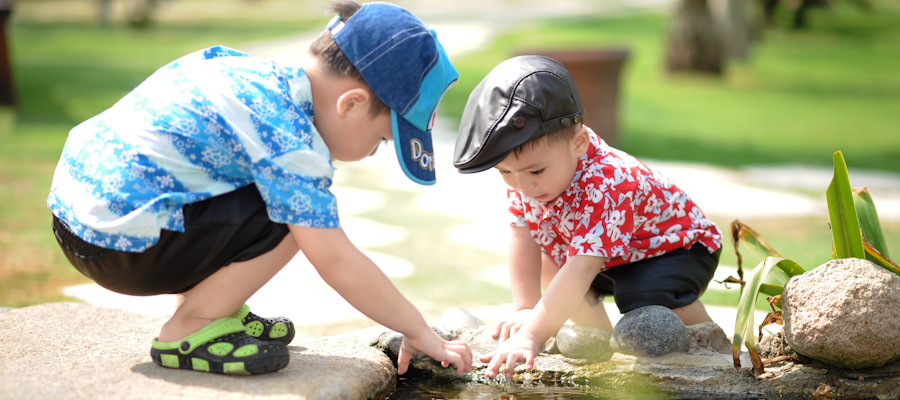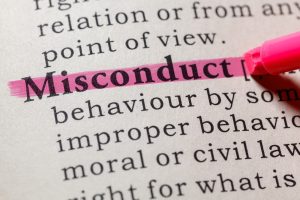On 23rd March 2020, the government ordered people to stay at home, and not to travel unless essential. But how does this affect the arrangements for you to see and spend time with your children? And what should you do if one household has to self isolate?
In terms of non essential travel, following the prime minister’s address to the nation, the published guidance which followed clearly stated that children under the age of 18 can travel between the homes of separated parents. Michael Gove clarified this further stating “while children should not normally be moving between households, we recognise that this may be necessary when children who are under 18 move between separated parents. This is permissible ….”
But what happens if one of the households needs to self isolate or a child or one parent is vulnerable? If one household needs to self isolate as a result of showing symptoms of COVID-19, then there is clear government guidance and this should be followed. In those circumstances, the usual child arrangements will have to be suspended.
A list of who is considered ‘vulnerable’ and of much increased risk, can be found at https://www.gov.uk/government/publications/guidance-on-shielding-and-protecting-extremely-vulnerable-persons-from-covid-19/guidance-on-shielding-and-protecting-extremely-vulnerable-persons-from-covid-19
If a child is ‘vulnerable’ as a result of their own health, then this may justify the cessation of the usual arrangements to lower the risk to the child. If one parent is ‘vulnerable’ as a result of their health needs, then again there is an argument that the movement between households and associated increased risk should be avoided and arrangements suspended, but this decision may be more tricky as there is a balance to be struck between the child’s need to spend time with the other parent and the ‘vulnerable’ parent’s need to lower their risk.
There is a clear principle in UK law that children should have a relationship with both parents, unless there are exceptional circumstances. So, when making any decision about what you should do, you may wish to consider this underlying principle and the effect a loss of physical or face to face contact with one parent will have upon a child.
The key thing is communication – you should discuss the situation with the other parent. If you can agree and have a child arrangements order in place, then it may be prudent to get that agreement down in writing whether that be by text message or email so that if there is a dispute, you can refer back to what was agreed. If an agreement cannot be reached, then an application may need to be made to the court either for enforcement of an existing order or for the court to make a decision about that one issue (“Specific issue”). It is early days and it is not entirely clear what approach the court will take. It may be difficult to get an urgent hearing, particularly when the court is already stretched with the current guidance for the whole of the UK to stay at home and avoid unnecessary travel. Generally speaking, the court is likely to look at the government guidance at the time and apply a ‘common sense’ approach.
It can be easy to allow feelings about the other parent to cloud your judgement, particularly at such a difficult time for many people worrying about a variety of issues such as job losses, money etc, but you should avoid allowing this to happen. If a court does have to deal with the issue or deal with an enforcement application at a later date, then they may take a dim view of a parent withholding contact when the circumstances did not justify it and this could affect future child arrangements.
If it is necessary to suspend child arrangements, then you should make every effort to ensure your child maintains their relationship with the other parent. This could include lots of telephone calls, emails, messages or virtual contact with applications such as FaceTime, Skype or WhatsApp video. Depending on the age of your child then this may be frequent short face to face calls if they are young with a limited attention span or if they are older, longer face to face calls together with emails and messages. You may also wish to consider making up the time your child has not been able to spend time with the other parent.
Further guidance issued by CAFCASS to support children and families in dealing with the Coronavirus pandemic can be found at https://www.cafcass.gov.uk/grown-ups/parents-and-carers/covid-19-guidance-for-children-and-families/ but please note that this guidance was issued prior to the most recent government directions to stay at home.
The team at E J Coombs are available and will continue to offer any advice or assistance you require during the current health crisis.




